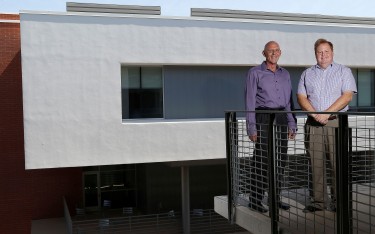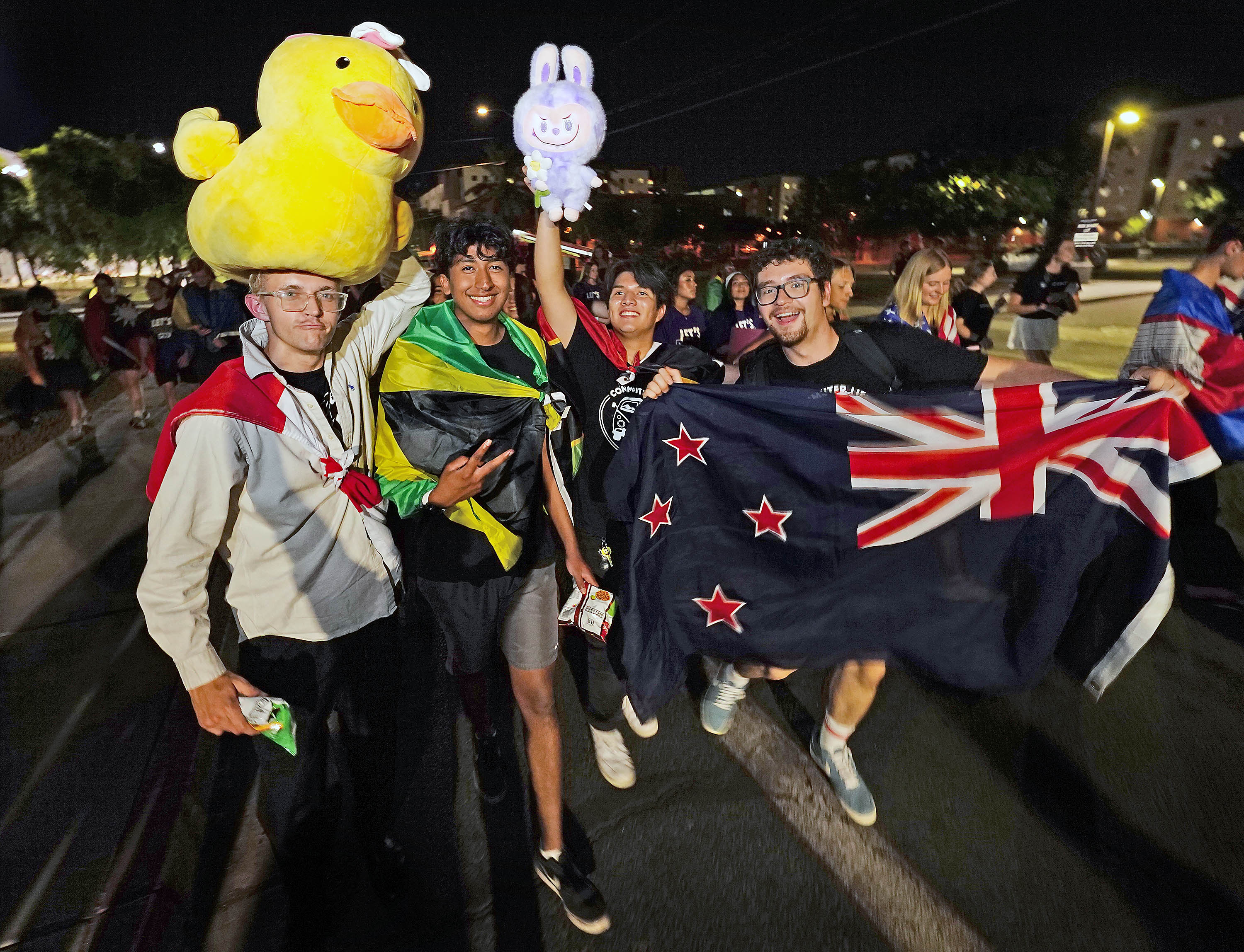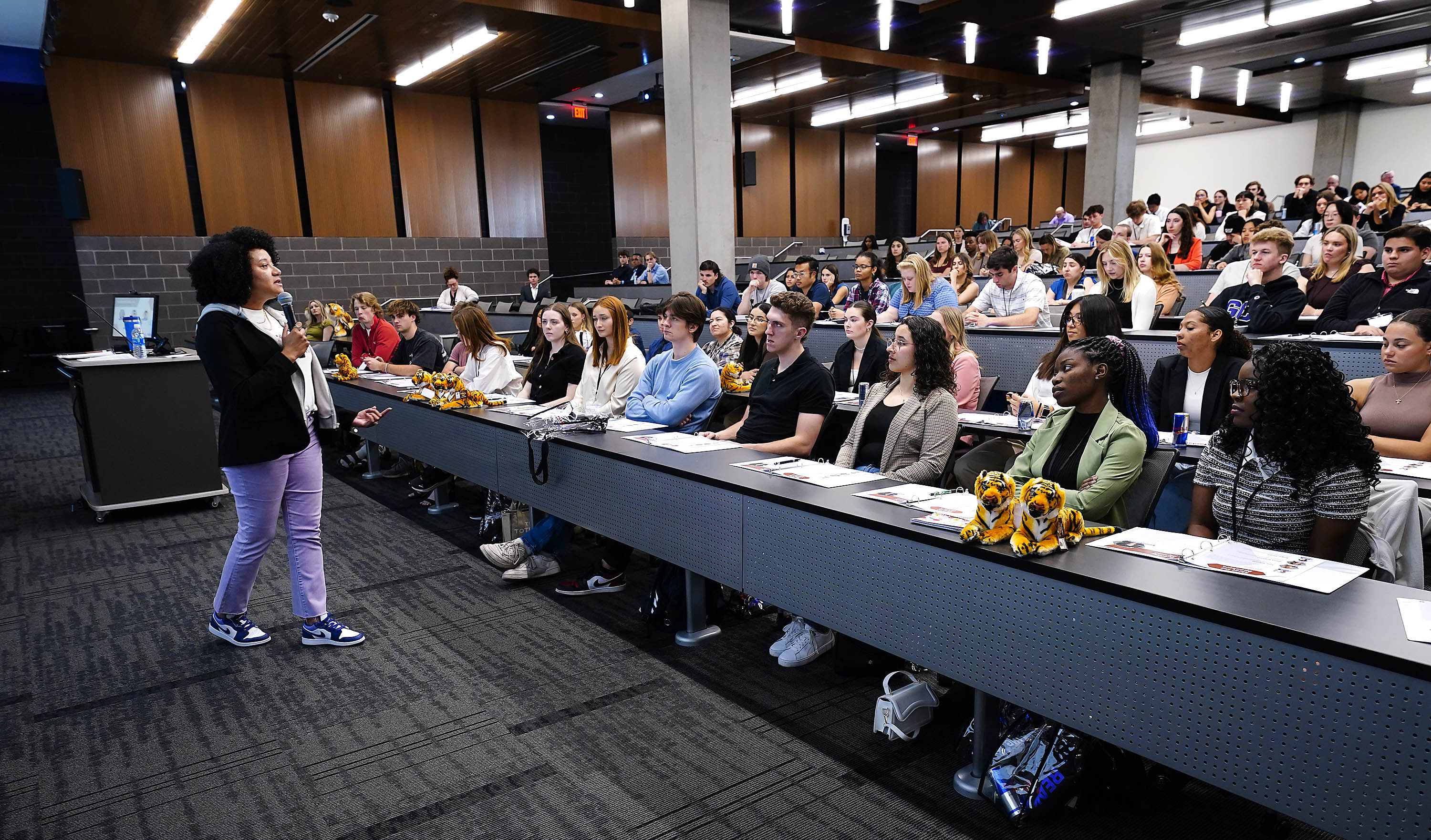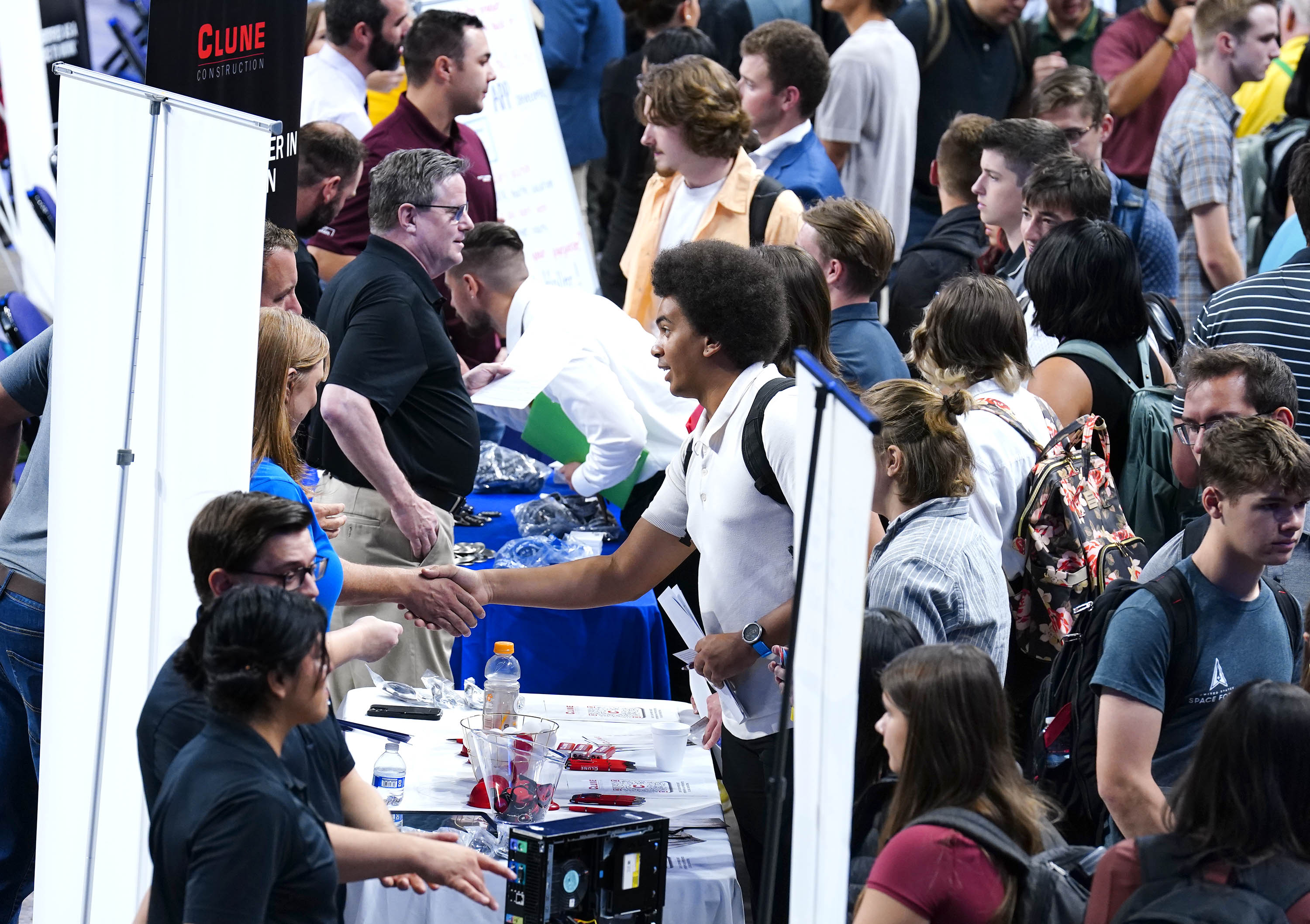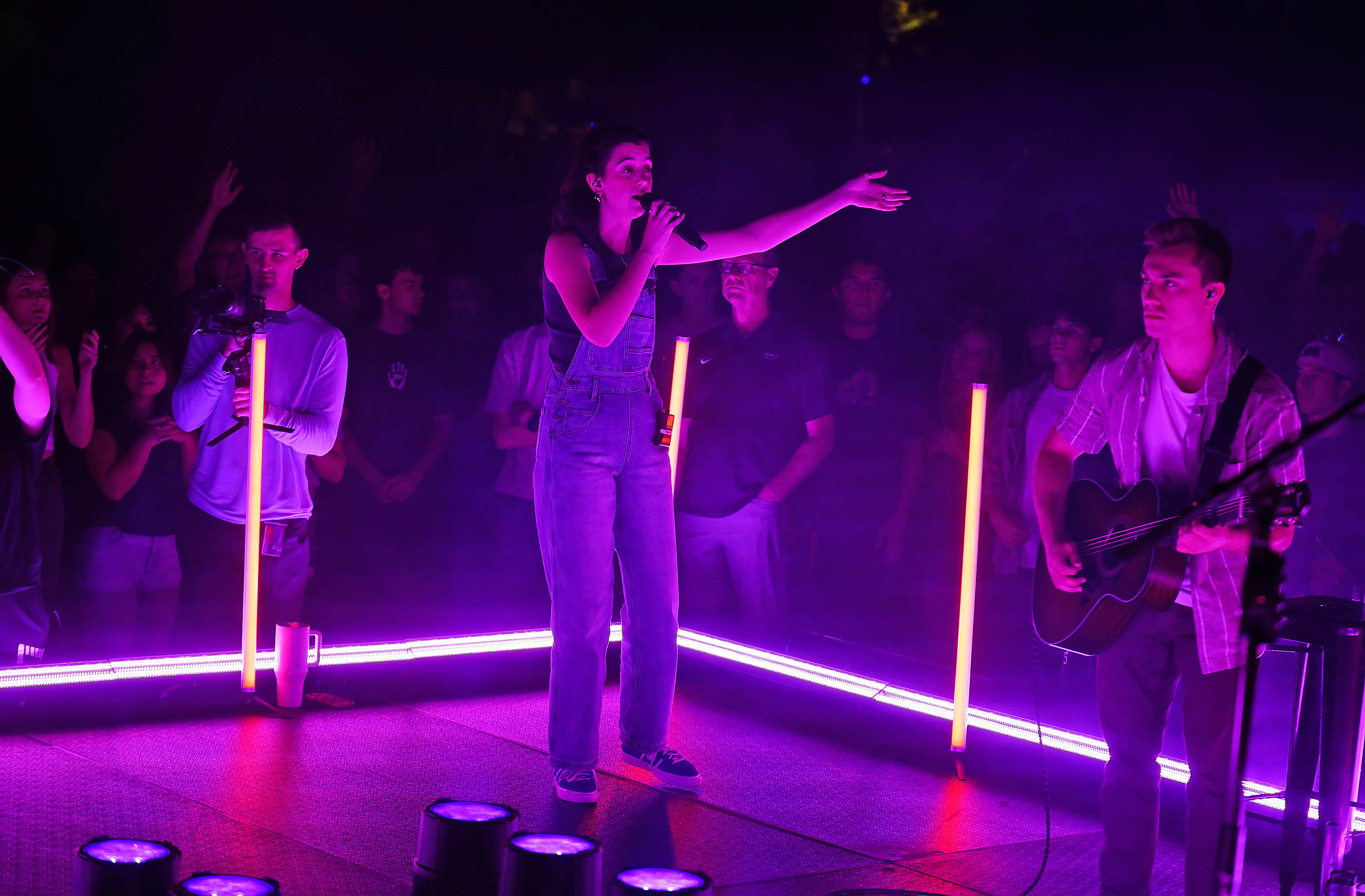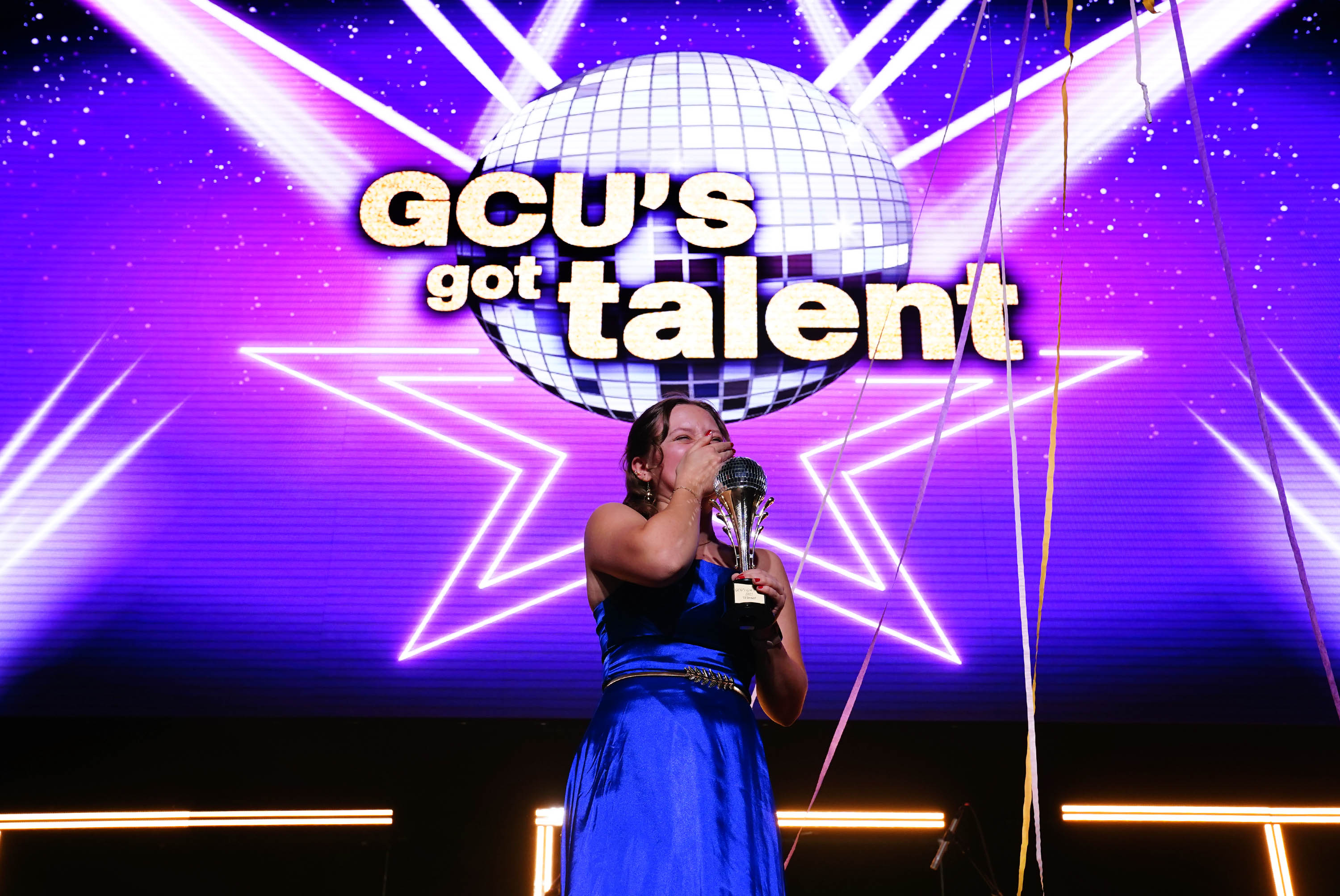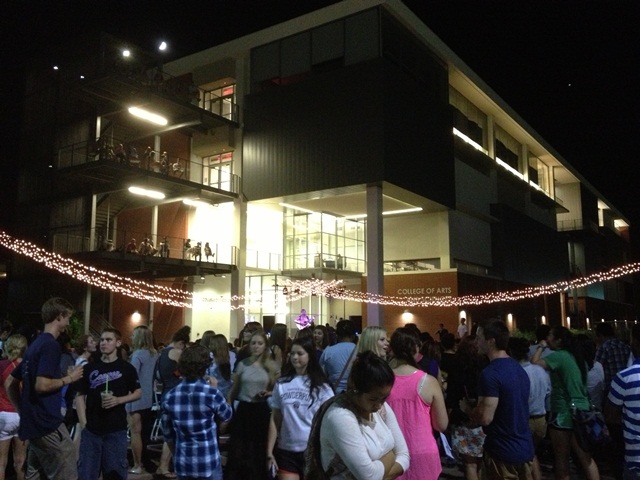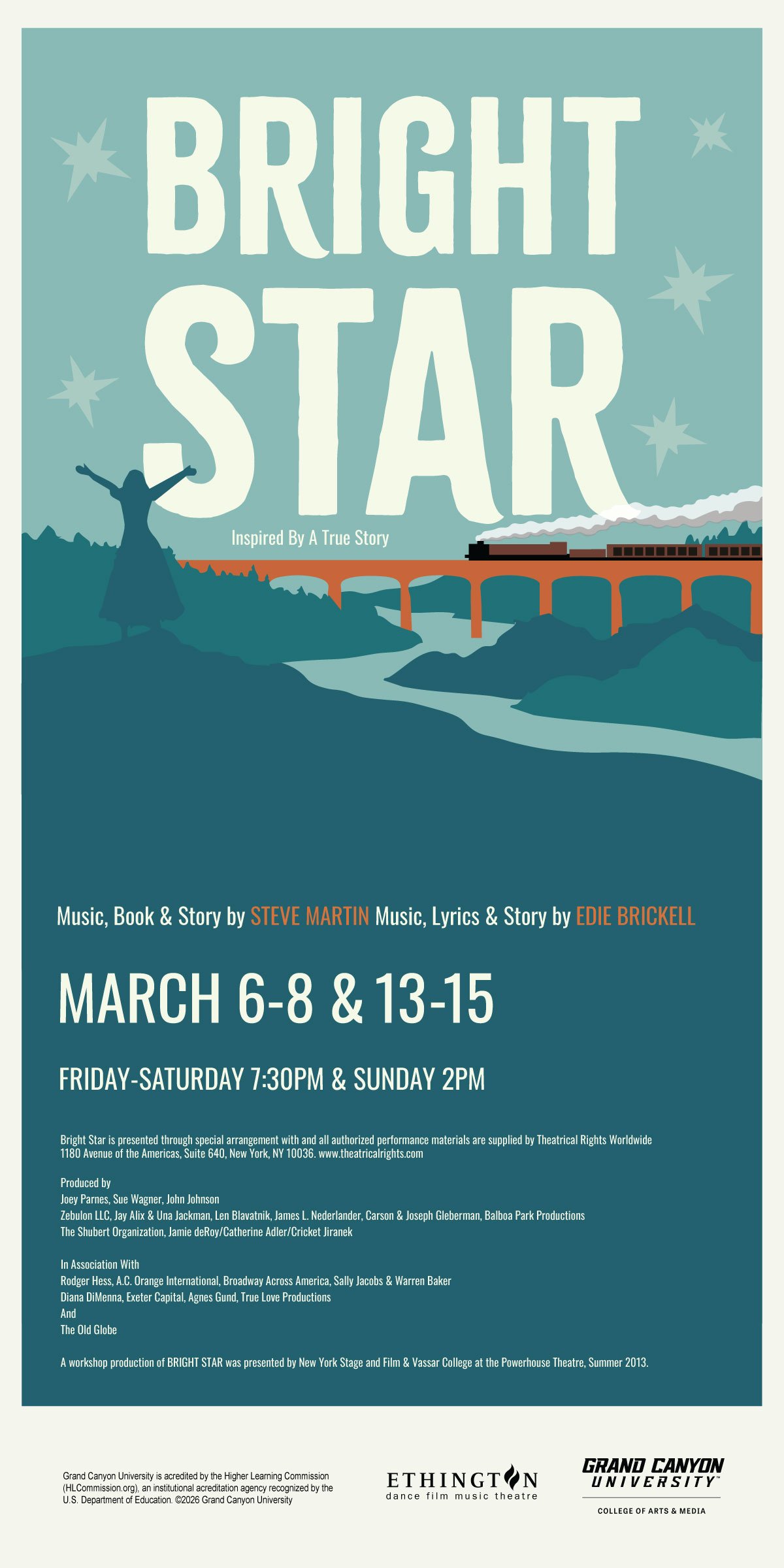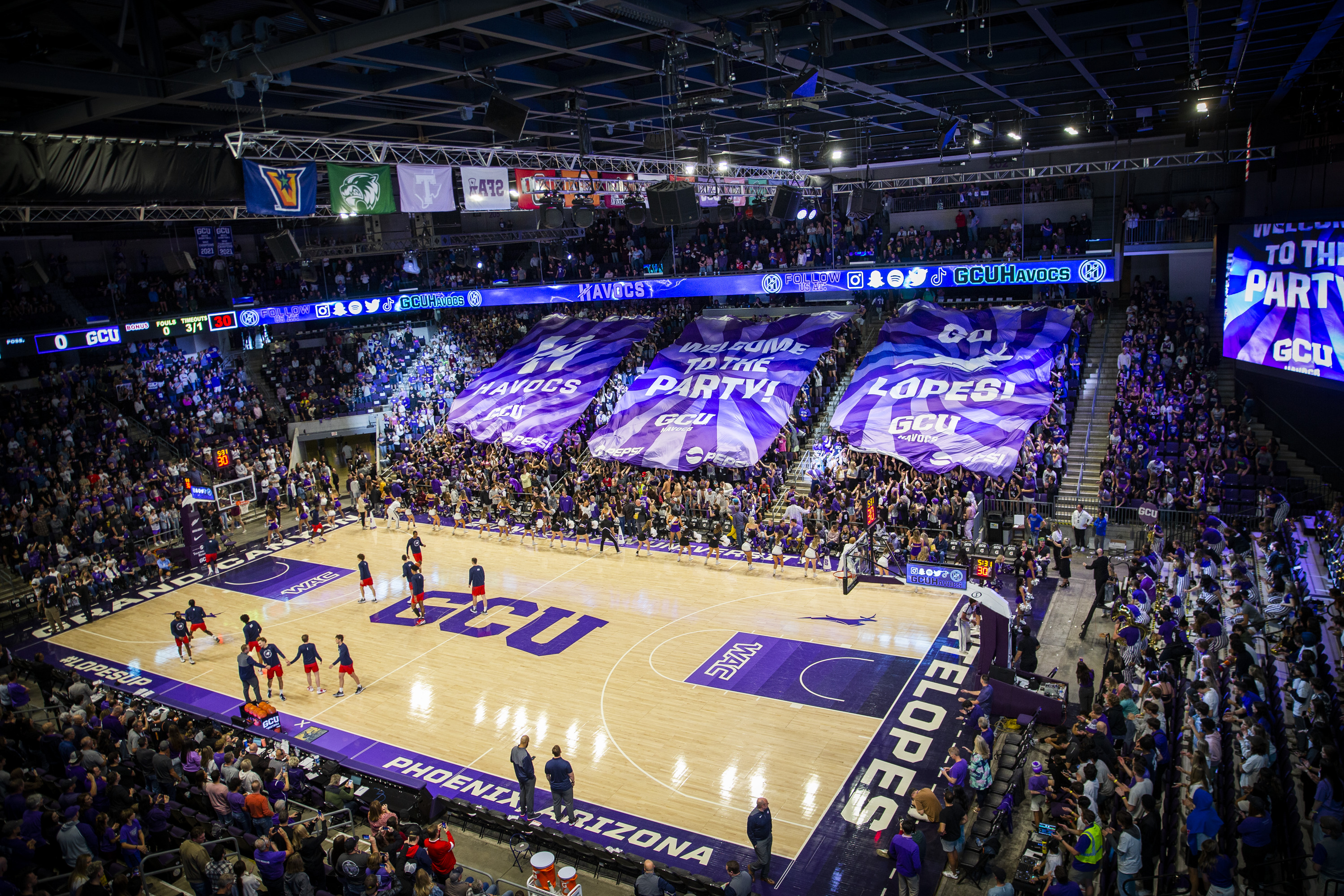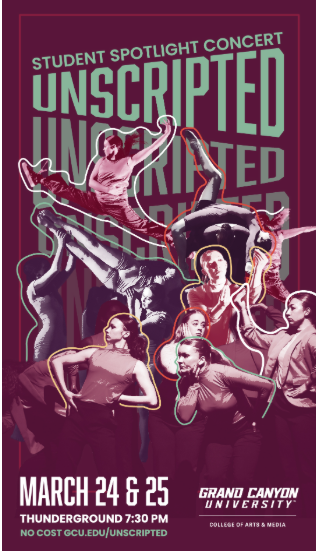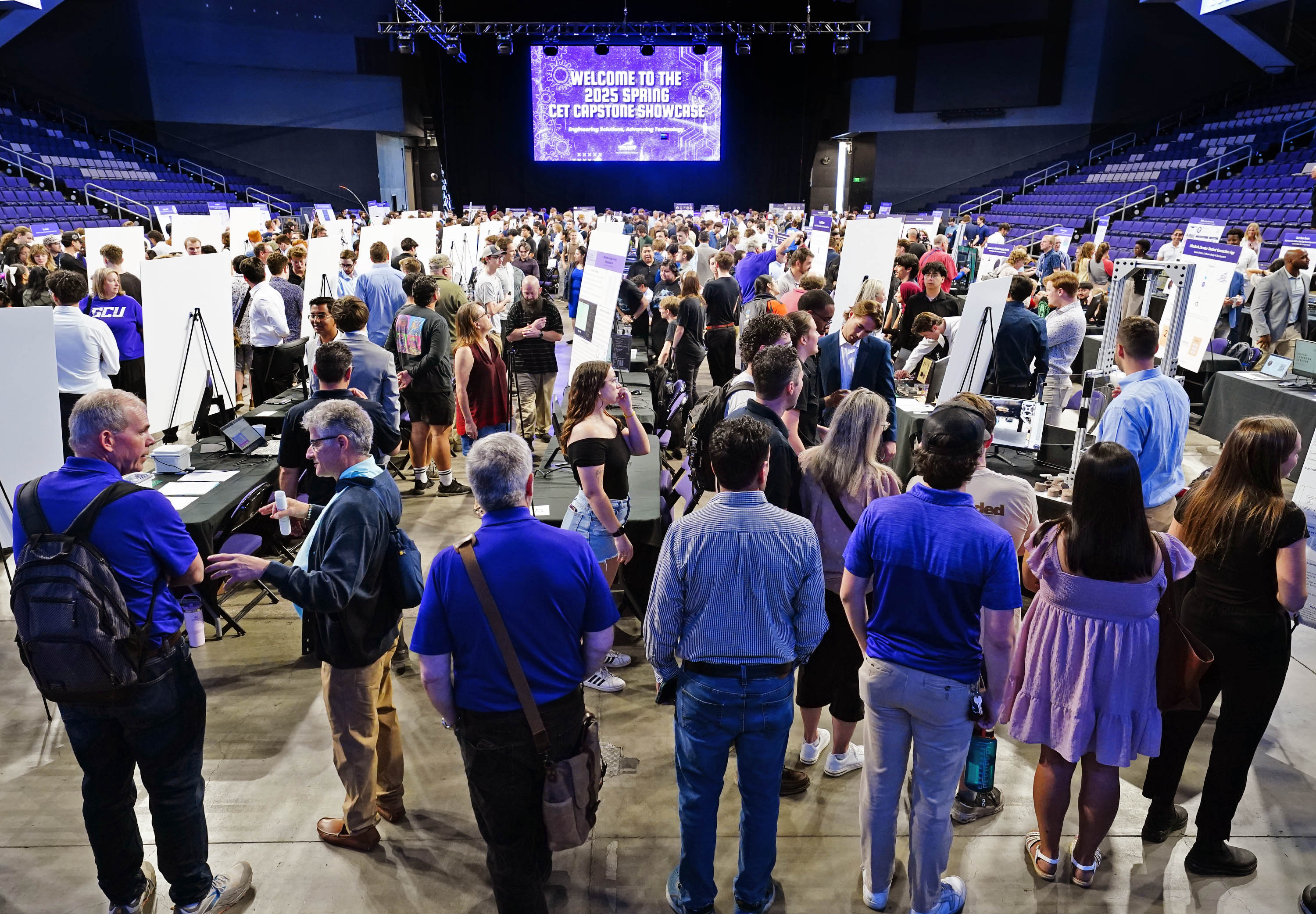By Michael Ferraresi
GCU News Bureau
Grand Canyon University has announced that its College of Arts and Sciences will be split into two separate colleges as part of an effort to reorganize academic programs in lab-based sciences and liberal arts.
Science programs such as computer science and information technology programs — which debut this fall — will be offered by the new College of Science, Engineering and Technology.
Traditional liberal-arts programs now will fall under the new College of Humanities and Social Sciences.
Dr. Sherman Elliott, who served as assistant dean over liberal arts at CAS, has been named associate and acting dean of the new humanities college. His staff and faculty will continue to oversee academic programs in communications, counseling, English literature, history, justice studies, psychology and sociology based out of the new classroom building that opened this spring.
Dr. Mark Wooden, the current Arts and Sciences dean, will oversee the new sciences college headquartered at the CAS building that opened two years ago.
The Center for Integrated Science, Engineering and Technology will be housed at the new sciences college. Other academic areas that fall under the new college include biology pre-med, pre-physical therapy, pre-physician assistant and pre-pharmacy programs, in addition to those in exercise science and forensic science.
Addressing STEM needs
Wooden, who has served GCU as a dean, administrator and professor since 2004, said that the consolidation of science programs under a new college would further GCU’s mission to prepare students for careers for in-demand jobs in science, technology and eventually engineering.
“I will be able to be more engaged with the faculty and curriculum,” Wooden said. “I’m looking forward to being engaged in the programs I know most about — the sciences and research-based disciplines.”
By this fall, the College of Sciences, Engineering and Technology could include up to 47 staff and faculty, including a new assistant dean to replace Dr. Mark Wireman, who is stepping down to focus on teaching.
College of Science, Engineering and Technology courses are almost exclusively available on the traditional campus, Wooden said.
The college split is the latest GCU effort to address a rising national need for development of students in science, technology, engineering and mathematics — areas know as STEM disciplines.
In its “Vital Signs” publication that reviewed the need for science and technology jobs across the country, the Washington-based nonprofit group Change the Equation found that there were 1.7 STEM jobs for every one unemployed person in Arizona, compared with more than four unemployed people for every one non-STEM job.
The demand for STEM-related skills remained strong through the economic downturn, the report indicated, but secondary teachers and university professors continue to struggle with preparing those students to immediately make an impact in the ever-evolving workforce in areas such as computer programming, health care technology and big data management.
Wooden said GCU took the initiative to build a new sciences college that equips students for applicable, well-paying jobs in health care and technology sectors.
“There’s a huge demand in technology, computer science,” said Wooden, a former pathophysiologist and longtime health sciences educator.
“There’s huge demand in certain areas of sciences that we haven’t even touched,” he said. “If we do it right, do it efficiently so that costs stay low for the students — we’ll grow again.”
Passion for humanities
Elliott also remains dedicated to preparing students for meaningful careers.
Businesses want critical thinkers with strong liberal arts soft skills, he said, but who come out of solid academic programs where they obtain a balance of classical training and marketable skills.
GCU’s humanities and social sciences undergraduate faculty address major societal needs — such as training future professional counselors in the essentials of behavioral health, and providing students with their basic training in justice studies for future careers in law enforcement.
Some programs are already evolving. History, for example, was overhauled and contemporized to address current trends. Emphases in history for secondary education and public history aim to train the next wave of high school history teachers and historians.
The College of Humanities and Social Sciences could have more than 35 staff and faculty by the fall, Elliott said.
Both Wooden and Elliott said they emphasize the need for full-time faculty to invest in the lives of GCU students, both to mold them as professionals and to mentor them in the spirit of the University’s Christian values.
Extracurricular programs such as GCU’s law enforcement club and speech and debate team, led by Humanities and Social Sciences faculty, have provided students with opportunities to compete in national tournaments and network for jobs.
“They really love being hands-on and having that direct interaction with their learners,” said Elliott, a longtime social studies educator who served as director of Arizona State University’s Center for Civic Education before joining GCU in 2011.
“It’s really a ministry,” Elliott said. “You’re part of the ministry of teaching and that really involves having a relationship with each learner.”
Contact Michael Ferraresi at 602.639.7030 or [email protected].

